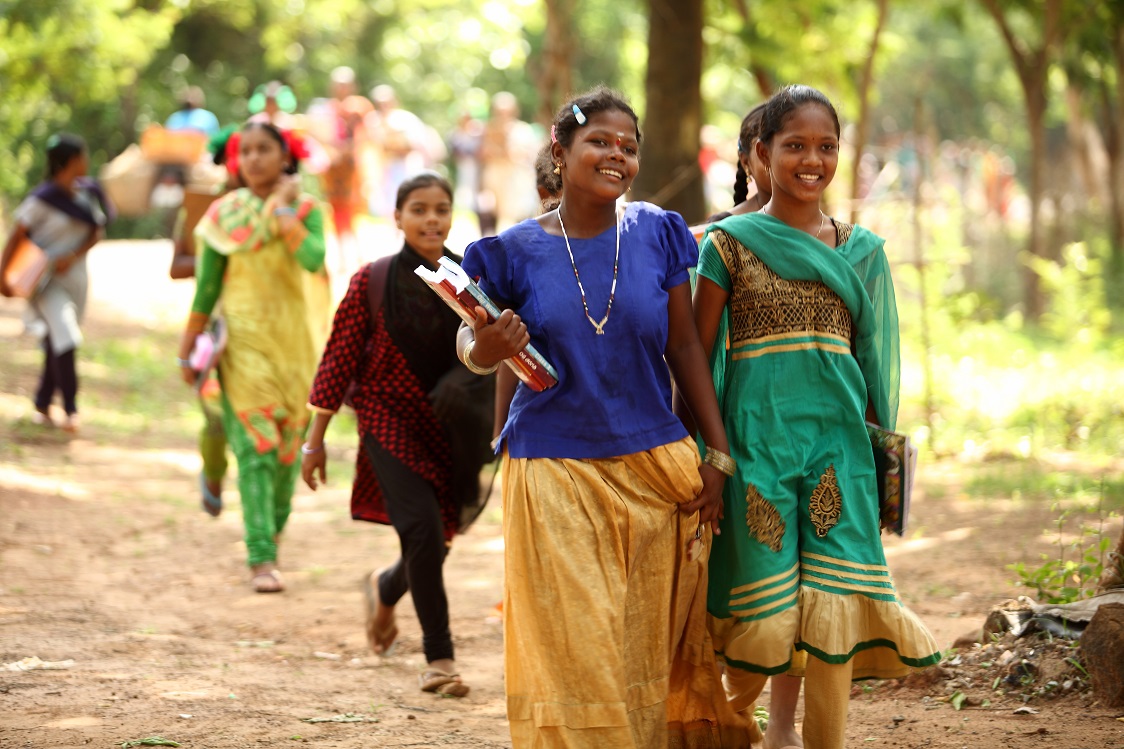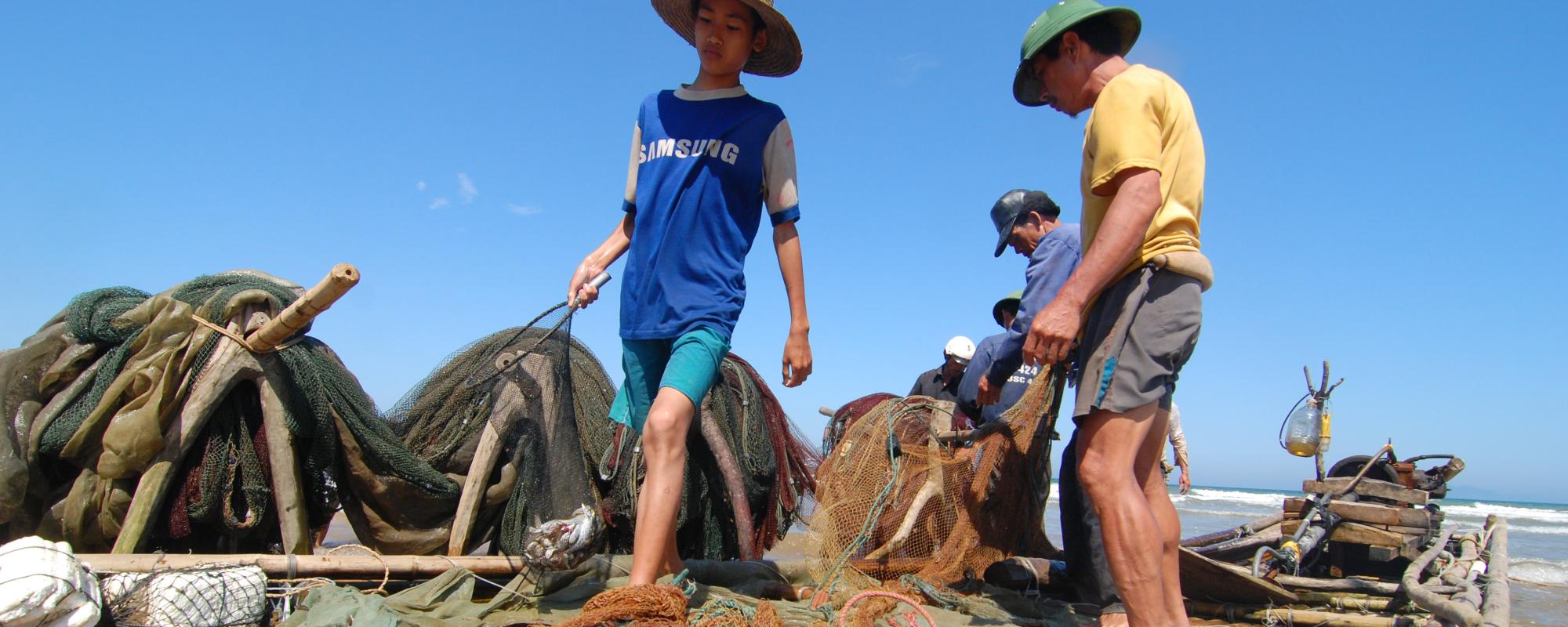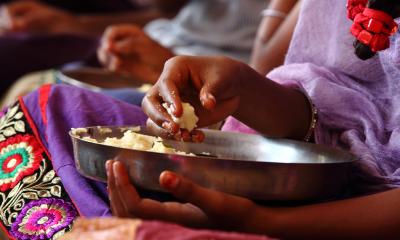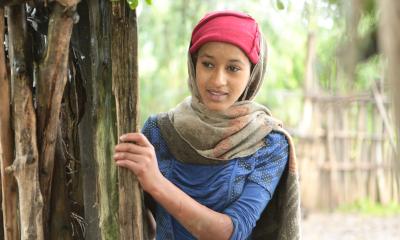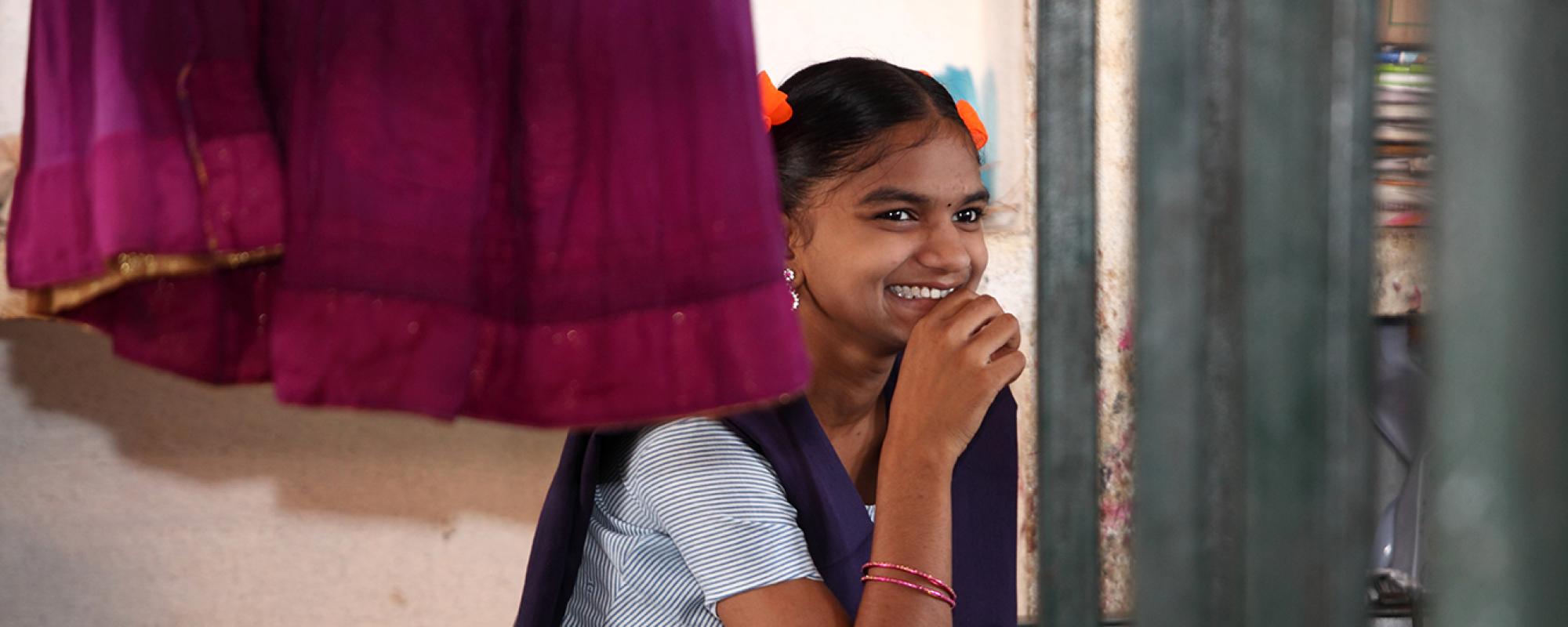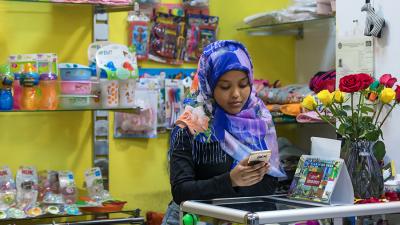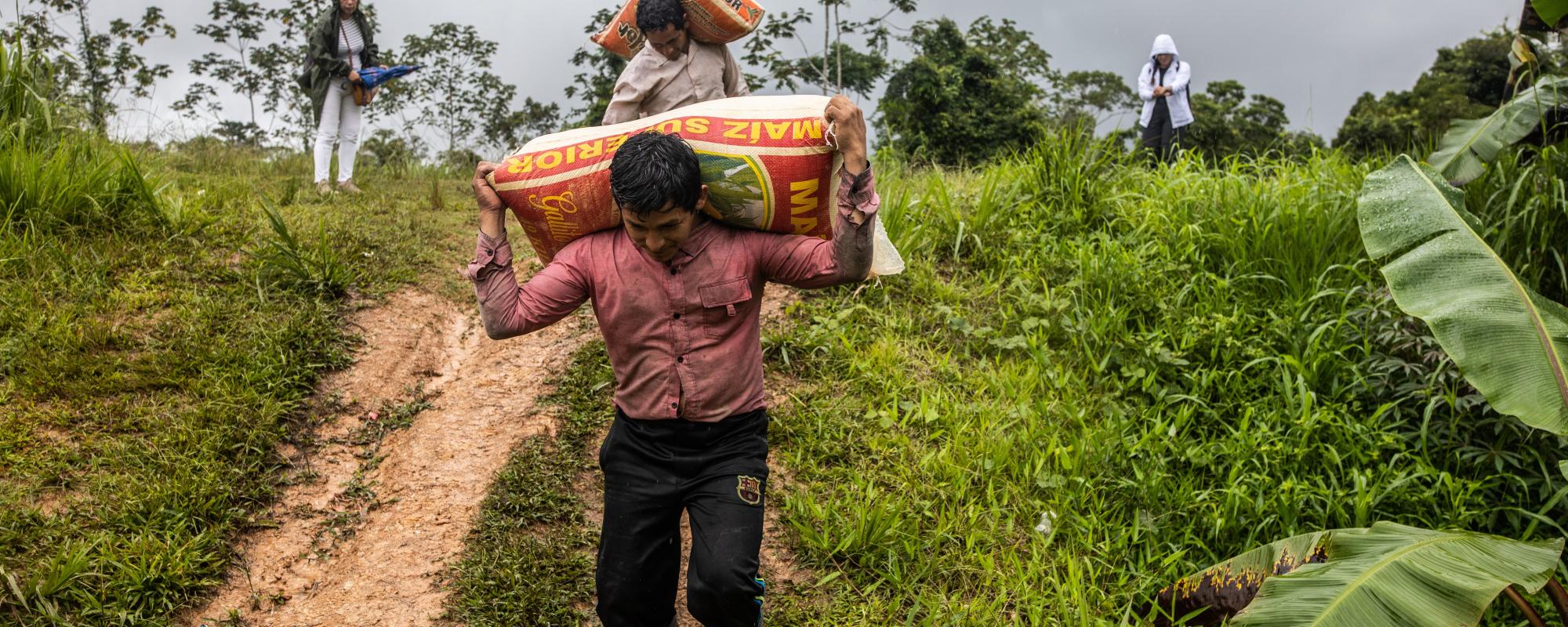Making Change Happen
Young Lives' pioneering research on how poverty and inequality affect the lives of disadvantaged children, adolescents and young adults in developing countries is providing the evidence base for informed policy making to change lives. Young Lives uses a theory of change model to plot how we effect this change from data collection to improvements in the life outcomes of children and young people.
